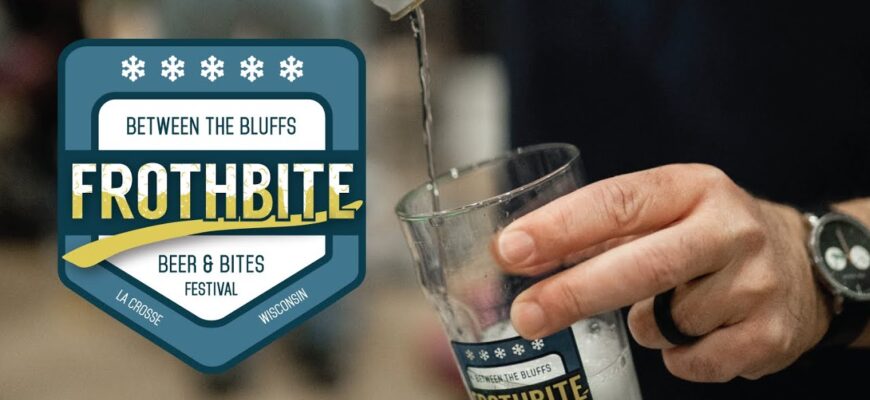Ah, the quintessential summer evening: a refreshing beverage in hand, the gentle hum of conversation… until that familiar, high-pitched whine signals an unwelcome guest. Mosquitoes. While some seem to be nature`s bug spray models, others feel like a walking buffet. For years, we’ve wondered why these persistent pests favor certain individuals. Now, Dutch scientists have unveiled a fascinating, and perhaps slightly inconvenient, truth about one of our most beloved summer indulgences.
- The Festival Lab: Science in Unexpected Settings
- The Methodology: Sniffing Out a Preference
- The Buzzworthy Revelation: Beer`s Hidden Cost
- Beyond Beer: Other Factors at Play
- The Science of Attraction: Why Our Scent Matters
- More Than Just Annoyance: A Public Health Concern
- Practical Prevention: Simple Steps for a Bite-Free Experience
The Festival Lab: Science in Unexpected Settings
Picture this: a bustling music festival, Lowlands, in the Netherlands. Not your typical sterile lab environment, yet precisely where researchers from Radboud University set up a mobile scientific outpost. Their mission? To lure in about 500 festival-goers, not for a mosh pit, but for a rather peculiar experiment designed to unmask mosquito preferences. The choice of a festival, with its diverse crowd and various lifestyle choices, provided a rich, real-world data landscape.
The Methodology: Sniffing Out a Preference
Participants first completed detailed surveys about their habits, diet, and hygiene. Then came the moment of truth: volunteers placed a hand into a special chamber teeming with mosquitoes. Rest assured, no bites were administered. Instead, video cameras diligently recorded which hands attracted the most attention, allowing the insects to `sniff out` their preferred targets without actual contact. This clever setup ensured that the mosquitoes were reacting solely to the unique chemical signatures emanating from each participant`s skin.
The Buzzworthy Revelation: Beer`s Hidden Cost
The findings, published on the bioRxiv platform, were quite the buzzkill, ironically. It turns out that those who had enjoyed a beer became a staggering 35 percent more attractive to mosquitoes compared to their teetotaling counterparts. That`s right – your refreshing pint might just be sending out a siren call to every bloodsucking insect within sniffing distance. One might call it a subtle, yet effective, form of biological networking for pests.
Beyond Beer: Other Factors at Play
The study also shed light on other intriguing attractants and deterrents. Individuals who had shared a bed the previous night also saw an uptick in mosquito interest, suggesting that cohabitation or related activities might alter body odor in appealing ways. Conversely, a recent shower and the diligent application of sunscreen acted as deterrents, sending those persistent pests packing. This suggests that maintaining good hygiene and using certain products can create a less inviting chemical profile.
The Science of Attraction: Why Our Scent Matters
At its core, mosquito attraction isn`t just about the carbon dioxide we exhale or our body heat. These tiny vampires possess a sophisticated olfactory system, highly attuned to the complex cocktail of chemical signals emanating from our skin. Our habits, what we consume (like alcohol), and even our recent activities can subtly, or not so subtly, alter this chemical signature, transforming us into either an irresistible feast or a forgettable snack. The exact biochemical pathways by which beer consumption modifies skin volatiles remain an active area of research, but the effect is demonstrably significant.
More Than Just Annoyance: A Public Health Concern
While the thought of being a mosquito magnet is primarily an annoyance, the implications extend far beyond a few itchy welts. Mosquitoes are notorious vectors for a host of dangerous diseases, including malaria, dengue fever, Zika, and West Nile virus, responsible for millions of illnesses and deaths annually. Understanding what makes us more appealing to them is not merely a scientific curiosity; it`s a critical piece of the public health puzzle, offering new avenues for disease prevention and control strategies, especially in endemic regions.
Practical Prevention: Simple Steps for a Bite-Free Experience
So, what`s a summer enthusiast to do? The good news is that prevention doesn`t require a degree in entomology. Simple measures, such as maintaining good hygiene with regular showers, diligently applying sunscreen (which, it seems, has an added bonus of deterring mosquitoes), and perhaps reconsidering that extra beer during peak mosquito hours, can significantly reduce your risk of becoming their next meal. It`s about making informed choices to enjoy the great outdoors without inadvertently rolling out the red carpet for unwanted guests. Integrating these findings into personal habits can make a tangible difference in reducing both nuisance bites and the risk of disease transmission.
Ultimately, this research from the Lowlands festival provides more than just a fun fact; it offers practical insights into human-mosquito interactions. Next time you`re enjoying an outdoor beverage, just remember: you might not be the only one enjoying the experience. A little awareness, it seems, goes a long way in navigating the complex world of tiny predators and their surprising preferences.








